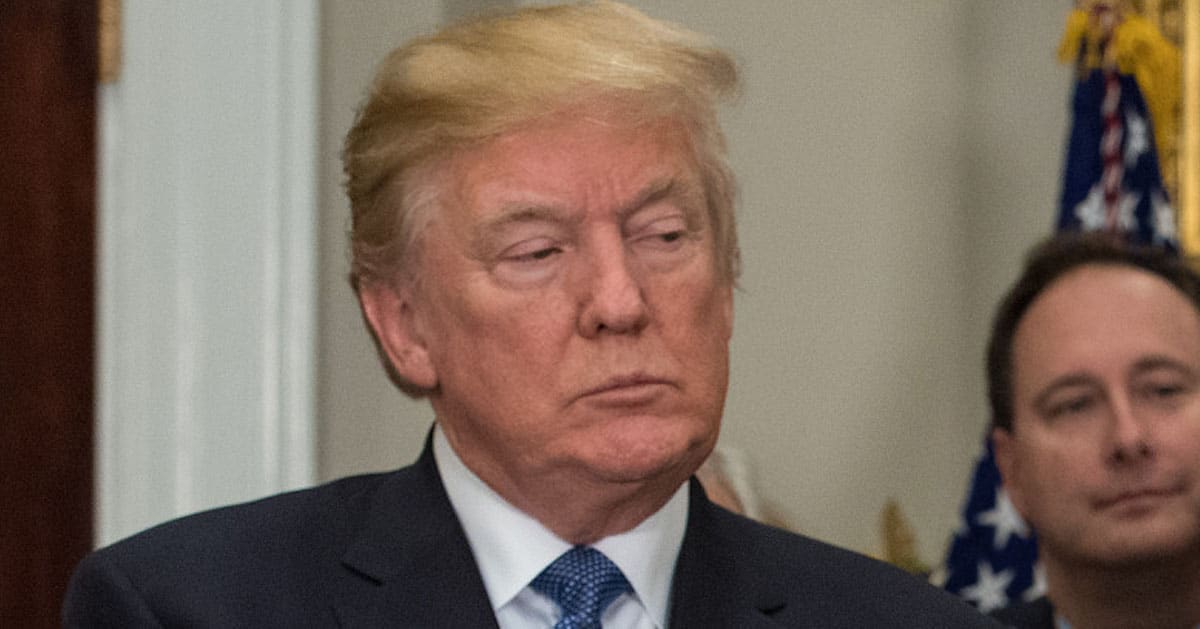



President Donald Trump’s latest immigration push is a calculated jab at Democratic-run cities, signaling a no-nonsense approach to sanctuary policies.
The Daily Caller reported that Trump's administration plans to ramp up deportation efforts in urban centers like Los Angeles, Chicago, and New York, where progressive leaders have long shielded unauthorized migrants. It’s a bold move, but one that risks escalating tensions in already polarized communities.
Trump announced this strategy to target sanctuary cities, aiming to curb what he calls rampant crime and unchecked immigration.
The directive, posted on Truth Social, instructs ICE to focus on these Democratic strongholds. It’s a clear escalation of his long-standing battle against progressive immigration policies.
Calling these cities the “core of the Democrat Power Center,” Trump isn’t mincing words. He’s framing sanctuary cities as hotbeds of criminality, a charge that plays well with his base but oversimplifies complex urban challenges. The rhetoric is sharp, but it’s bound to alienate moderates who see nuance in the immigration debate.
At the G7 Summit, Trump doubled down, telling reporters that sanctuary cities’ high crime rates justify his focus.
His administration has been leaning on city leaders for weeks, demanding cooperation with federal immigration enforcement. It’s a high-stakes game of chicken, with local officials caught in the crossfire.
“I want them to focus on the cities, because the cities are where you have what’s called sanctuary cities,” Trump said. His fixation on Chicago’s leadership—calling Governor J.B. Pritzker “probably the worst in the country”—is a classic Trumpian zinger, but it risks inflaming local resistance. Personal digs like these might rally his supporters, yet they muddy the policy waters.
Tom Homan, a key government official, warned that sanctuary city leaders could face consequences for obstructing ICE raids.
This threat isn’t just bluster—it signals a willingness to play hardball with local governments. But criminalizing non-cooperation could backfire, turning mayors into martyrs for the progressive cause.
In Los Angeles, ICE raids have already sparked riots, a grim sign of the unrest Trump’s strategy might unleash. Sanctuary cities aren’t just policy experiments; they’re communities with deep-rooted tensions over immigration enforcement. Forcing the issue could turn streets into battlegrounds, a lose-lose for all involved.
New York Governor Kathy Hochul and Illinois Governor J.B. Pritzker aren’t backing down. At a House Oversight Committee hearing, they dared Homan to arrest them, a defiant stance that’s more theater than substance. Still, it shows how personal this fight has become—less about policy, more about political score-settling.
“Biden allowed 21 million people to come into our country,” Trump claimed, inflating numbers to paint a dystopian picture.
The assertion that these migrants are mostly “murderous killers” and gang members is a tired trope, unsupported by data but effective for rallying his base. It’s a soundbite that sacrifices accuracy for impact.
The Department of Homeland Security previously listed cities and states refusing to cooperate with ICE. After objections from city leaders, the list was quietly shelved—a rare win for sanctuary advocates. But the White House now says it’ll be reinstated, a move that’s sure to reignite the debate.
White House press secretary Karoline Leavitt confirmed the list’s return, signaling the administration’s resolve.
For conservatives, this is a welcome push for transparency; for progressives, it’s a blacklist meant to shame and intimidate. The truth likely lies in the middle—a bureaucratic flex with limited real-world impact.
Trump’s claim that Democrats protect migrants to “use them to vote” is a conspiratorial jab that doesn’t hold up. Non-citizens can’t vote in federal elections, a fact even his supporters know. But the accusation stirs fear, which is precisely the point—a tactic as old as politics itself.
“These Radical Left Democrats are sick in mind, hate our Country,” Trump posted, tying sanctuary cities to broader progressive policies like open borders and transgender rights. It’s a kitchen-sink attack that conflates unrelated issues, diluting the immigration focus.



